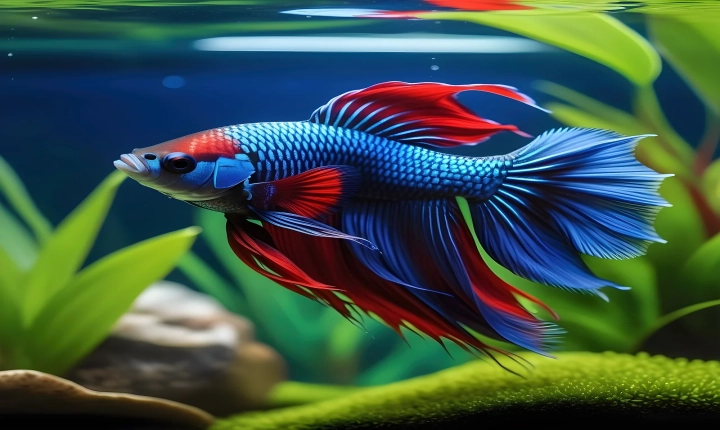Title: Can AI Be Tracked for Plagiarism?
Plagiarism is a serious concern in academic and professional settings, where individuals may seek to pass off the work of others as their own. With the increasing use of artificial intelligence (AI) in writing and content creation, there is a growing interest in whether AI-generated content can be tracked for plagiarism. This article explores the current capabilities and challenges of tracking AI-generated content for plagiarism and the potential implications for the future.
AI has emerged as a powerful tool for generating content, from automated essay writing to creating news articles and marketing materials. However, as AI becomes more prevalent in content creation, concerns about the potential for plagiarism arise. Traditional plagiarism detection tools typically rely on comparing the text against a database of existing content to identify similarities. However, they may struggle to detect AI-generated content, as it can produce highly original and contextually relevant material that may not be present in existing databases.
One of the challenges in tracking AI-generated content for plagiarism is the lack of a standardized approach for doing so. The unique nature of AI-generated text requires new methods and algorithms to effectively detect plagiarism. Researchers and developers are actively working on advancing AI-powered plagiarism detection tools to address this issue. These tools may leverage machine learning algorithms to analyze patterns and structures in the text to identify potential instances of plagiarism.
Another obstacle in tracking AI-generated content for plagiarism is the rapid advancement of AI technology itself. As AI models become increasingly sophisticated and capable of producing more human-like content, the task of detecting plagiarism becomes more complex. AI can mimic writing styles and emulate various linguistic nuances, making it difficult for traditional plagiarism detection methods to keep up.
Moreover, the ethical implications of tracking AI-generated content for plagiarism cannot be overlooked. As AI algorithms continue to evolve and improve, it is essential to establish clear guidelines and ethical standards for using AI in content creation and plagiarism detection. Balancing the need to uphold academic and professional integrity with the ethical use of AI technology will be crucial in shaping the future of plagiarism detection.
Despite these challenges, there are promising developments in the field of AI-powered plagiarism detection. Some companies and researchers are working on AI-driven solutions that specifically target the unique characteristics of AI-generated content. These solutions aim to adapt and evolve alongside AI technology to effectively identify instances of plagiarism.
In conclusion, the rise of AI in content creation presents a new frontier for tracking plagiarism. While current methods may struggle to adequately detect AI-generated content, ongoing research and developments in AI-powered plagiarism detection offer hope for addressing this challenge. As AI technology continues to advance, it is crucial to stay vigilant in developing effective strategies for tracking AI-generated content for plagiarism while upholding ethical standards. The future of plagiarism detection lies in the collaboration between AI technology and ethical considerations to ensure the integrity of academic and professional content.
